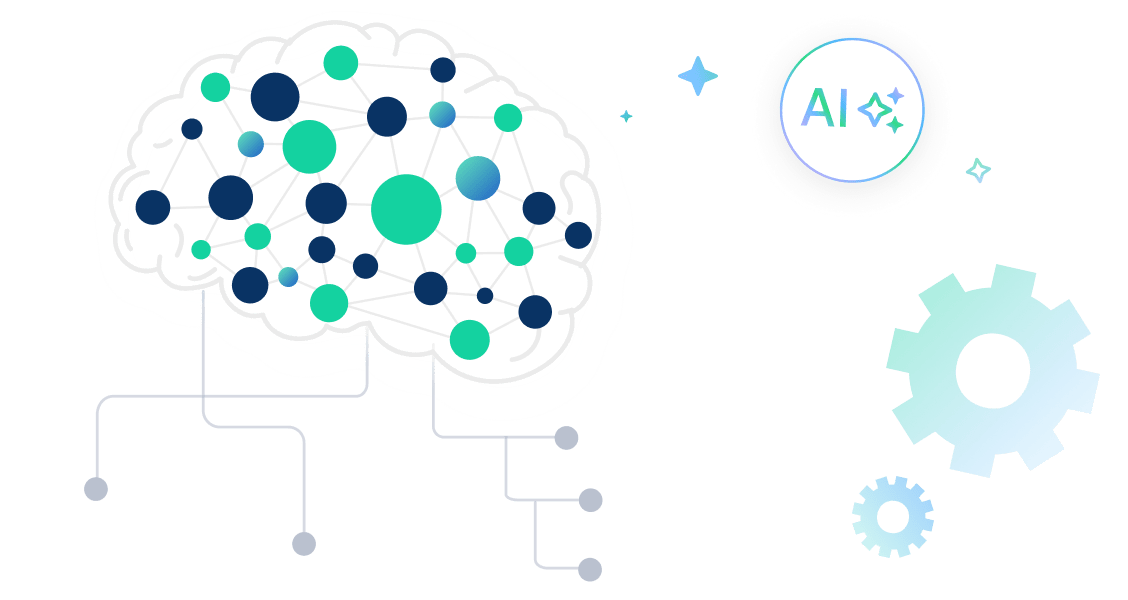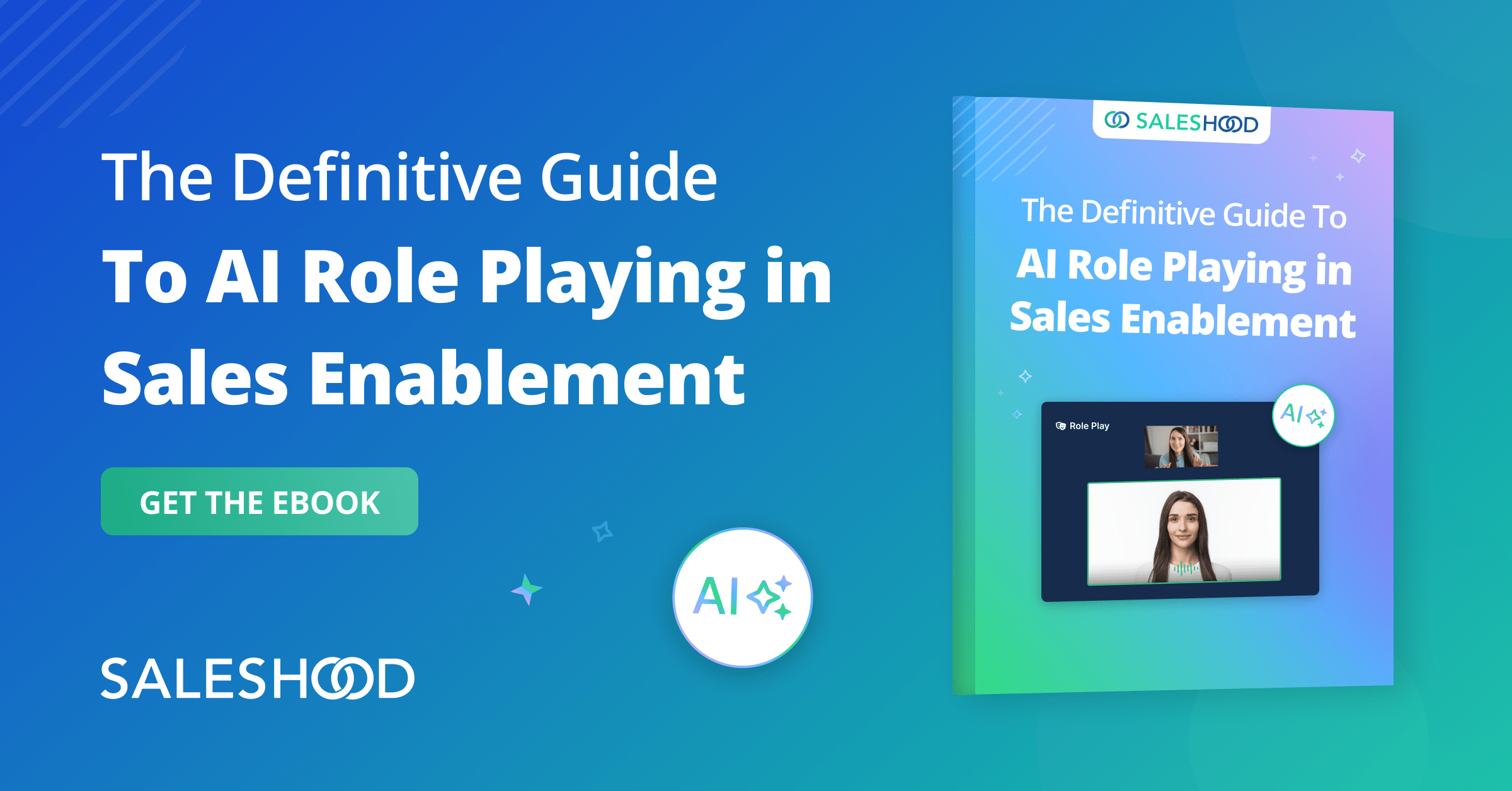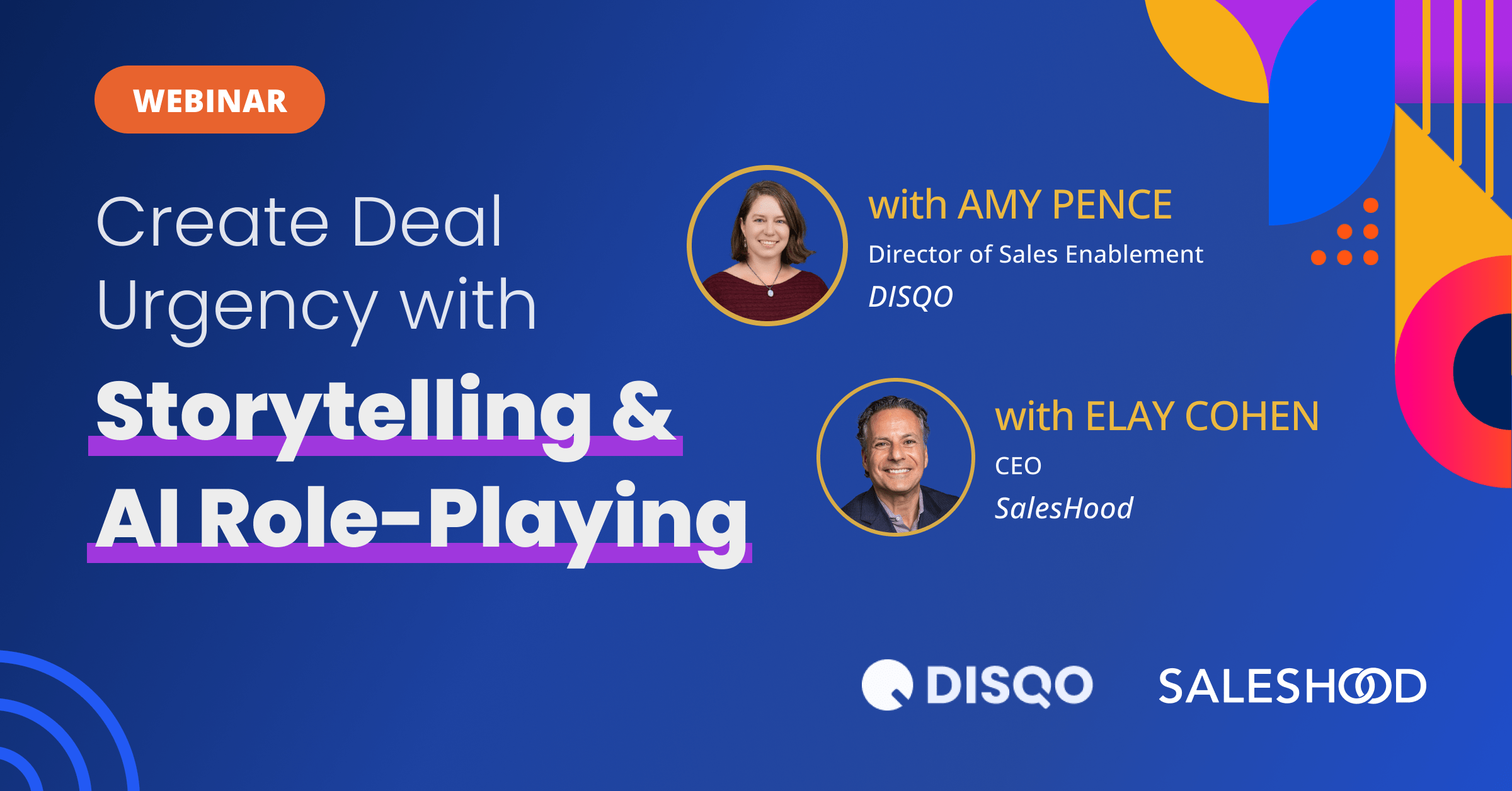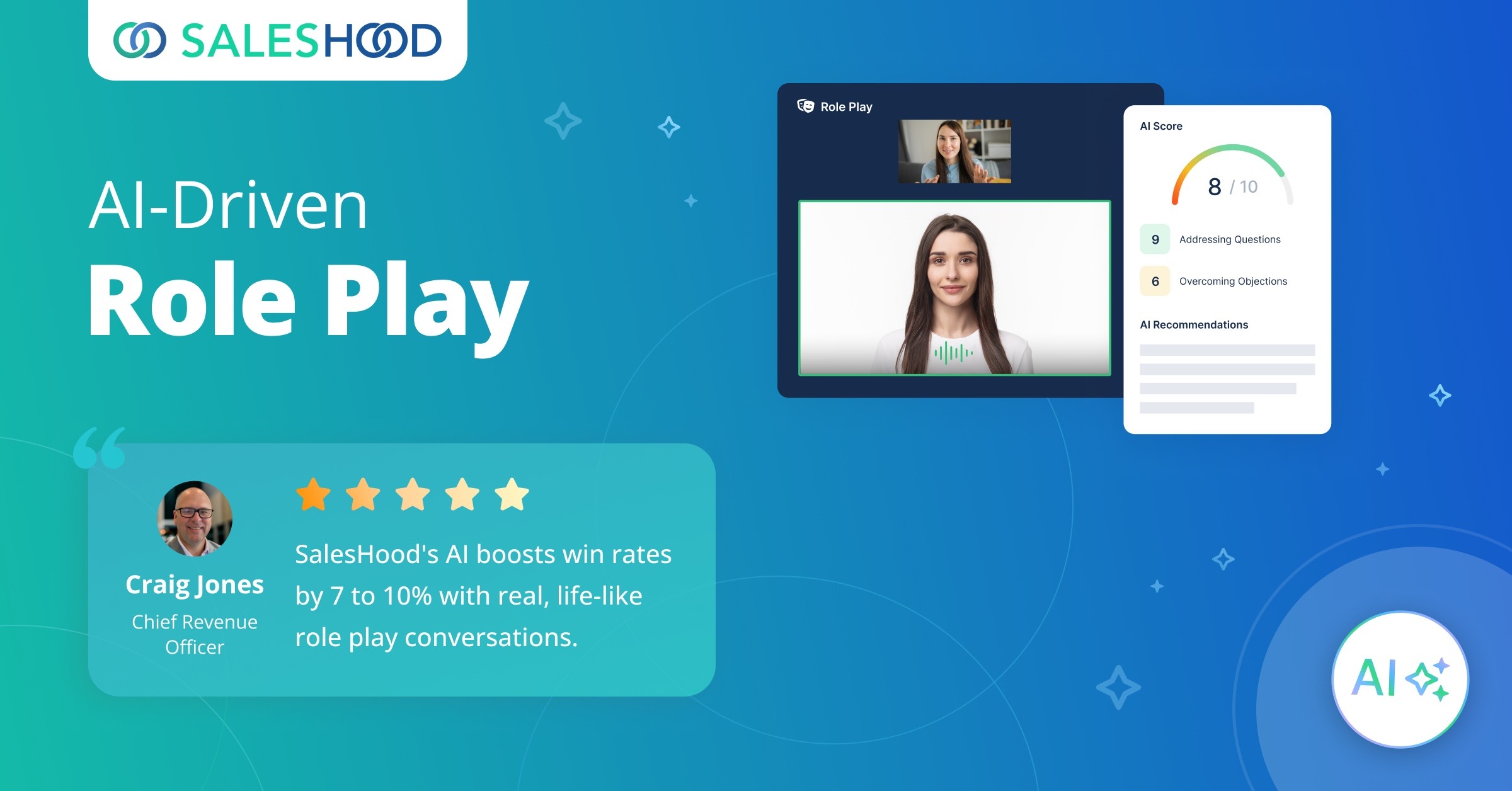Key Takeaways
|
|
|
|
Is your team relying on tired automation scripts and clunky chatbots? It’s time to move to what’s next in intelligent automation: AI agents.
It may feel a lot like you’re adding a new teammate: one who never sleeps, never takes shortcuts, and never drowns in data. AI agents are not glorified task bots. They think, they adapt, they evolve. They don’t just shave minutes off workflows; they reshape entire business models.
By embracing AI agents and redesigning workflows, many big business leaders are already making a serious shift in the business dynamics.
What Is an AI Agent?
In simple words, an AI agent is software with a mind of its own. Instead of sitting around waiting for orders, it watches what’s happening, makes decisions, and takes action, often on its own.
Now think of it as automation with a brain. The real difference is that it doesn’t just follow rules, it learns. With every interaction, it spots patterns, adapts to new inputs, and keeps getting sharper.
This is where things start to change. AI agents aren’t just about efficiency anymore. They work alongside you as partners, fueling innovation, personalizing at scale, and helping businesses move faster than the competition.
Consider SalesHood’s AI Assistant as an example of an AI agent. Instead of producing canned responses, it delivers real-time personalized coaching right in the middle of live sales calls.
In other words, it’s not just automation. It’s transformation.
Core Functions and Benefits of AI Agents
AI agents aren’t just workflow tools. They’re revenue engines and enablement multipliers. Every function they perform is designed to accelerate readiness, sharpen execution, and push the numbers that matter: pipeline, win rates, and growth.
Cut training time so reps hit quota faster
Let’s be real, manual coaching takes time that managers don’t always have. With AI, reps get simulated practice and instant feedback that shortens the learning curve. New hires start contributing in weeks instead of months, which means they’re driving impact much sooner.
And here’s the proof. Look at Copado’s story. Within just 90 days of adopting AI-powered coaching, they boosted win rates, raised average selling price, and had more reps consistently closing deals. The best part is these gains don’t fade. Over time, they build into repeatable execution and long-term revenue growth.
Turn raw data into actions that grow pipeline
Agents cut through the noise of messy CRMs and surface the leads that matter. Instead of chasing dead ends, reps spend their energy on deals with real potential: expanding pipeline quality and volume. The results speak for themselves.
KPA, a company that provides compliance and safety solutions, centralized buyer engagement using digital sales rooms. They saw win rates climb 18–25% in just four months, while also increasing deal size by surfacing hidden decision-makers. That’s what happens when data stops gathering dust and starts driving deals.
Personalize at scale so outreach actually converts
Generic outreach doesn’t work anymore. Agents deliver hyper-tailored content and recommendations across thousands of contacts at once. More prospects open, click, and reply—and more conversations turn into qualified opportunities. The impact can be staggering.
SmartRecruiters hit a 10x boost in buyer engagement and achieved a 100% win rate across 17 deals when AI-powered digital sales rooms became part of their sales playbook.
Orchestrate workflows so deals don’t stall
Taking care of everything from end-to-end, they ensure that your sales workflows are airtight. Scheduling follow-ups to recapping calls, agents keep momentum alive. This results in fewer dropped opportunities and smoother progression through the funnel.
Learn and adapt so performance compounds
With each interaction the agent gets smarter. Over time, this results in higher conversion rates, shorter deal cycles, and vast improvements in overall win rates. With this sales optimization engine, revenue impact isn’t a one-time bump, but a steady climb.
Boost confidence across the team
Agents coach reps in real time, standardize messaging, and keep everyone aligned. That translates into more consistent execution across the field, which is the backbone of any strong enablement strategy.
Deliver scale without breaking compliance
Agents move fast but stay inside guardrails. Leaders can scale enablement programs globally without risking data or compliance missteps.
To sum this up in one line: AI agents don’t just help, they run the show.
Types of AI Agents
There are two broad AI agent types. Some like to fly solo. Others work as copilots.
Autonomous AI Agents
These are the independents. They make decisions, take action, and complete workflows without human help. They don’t ask for permission, and they don’t wait for oversight. They just run.
Assistive AI Agents
These are copilots. They sit alongside humans, guiding, nudging, and surfacing insights while people make the final call. They don’t replace judgment, they make it smarter.
The best companies use both.
Autonomy to crush the grind. Assistance to sharpen human judgment. Together, they create hybrid teams that move faster, sell smarter, and steer far ahead of your competitors.
 |
Real-World Applications: How AI Agents Reshape Industries
AI agents aren’t some far-off promise. They are already creating value in day-to-day operations. Whether it’s customer-facing roles or back-office processes, they speed things up, reduce errors, and deliver measurable business impact.
Sales and Marketing: More replies, faster deals, and sharper reps
Lead generation is just the entry point. The new-age AI sales agents add value to the sales funnel all the way. They qualify prospects, personalize outreach, and track pipeline health from end to end.
They quietly step in where it matters most. Sales organiszations find them useful for running training simulations, coaching reps in real time, recommending the right content at the right moment, and even generating automated call recaps and deal insights.
The payoff is clear. Sales teams move deals forward faster, while reps keep building skills without waiting on a manager. Companies using AI agents have boosted deal velocity, expanded average deal size, and turned buyer engagement into a competitive weapon that consistently produces wins.
Customer Support: Faster answers and happier customers
AI agents don’t clock out. They are on 24/7, handling customer inquiries day and night. Instead of overwhelming support teams, they route requests smartly and only bring in a human when it’s really necessary. That shift makes a big difference. Customers get quicker, more accurate answers every single time. Businesses benefit too, cutting support costs while boosting satisfaction scores. All this advantage comes to the business, without adding extra headcount.
HR and Onboarding: Quicker ramp-up and confident new hires
Think about the first few weeks for a new hire. It’s usually overwhelming and uneven. This is where AI agents step in as digital coaches. They guide new employees with personalized training modules, respond instantly to questions, and turn ramp-up time from months into weeks.
The result is consistency. Every new hire gets the same reliable support from day one, building confidence right from the start.
Back-Office Automation: Fewer errors and less paperwork
The truth is that a lot of work is repetitive and time-consuming. That’s where AI agents step in. They stay behind-the-scenes and take on everything from generating quotes and invoices to managing billing cycles and compliance checks.
In the finance division, teams can rely on them to keep records accurate and up to date without the constant back-and-forth. Simply by reducing errors and automating the grind of paperwork, AI agents free people to focus on the work that actually drives the business forward.
Industry-Specific Use Cases: Smoother shopping, safer banking, easier care
Across various industries, AI agents are stepping in to make experiences smoother, safer, and easier to manage. For example in retail, they fine-tune product recommendations and make returns hassle-free. In healthcare, they smooth out patient intake and scheduling so care feels more seamless.
In finance, they accelerate KYC and AML checks, validate transactions, and simplify reporting.
Steps to Building and Deploying AI Agents
What you need to know is that agents without strategy are simply toys. But, agents built with intent are growth engines.
Hence deployment requires clarity and discipline, not tinkering.
Platforms like SalesHood make configuration fast, integrating AI agents directly into sales workflows without endless IT projects.
Challenges and Limitations of AI Agents
AI agents aren’t magic bullets. They fail when data is messy, adoption is weak, or guardrails are missing.
The hurdles like messy data, employee resistance, integration gaps, compliance risks, are real. But when AI systems are designed with these challenges in mind, they can adapt and improve, turning potential obstacles into long-term strengths.
The Future of AI Agents in Intelligent Automation
The next wave of AI is coming fast. SalesHood is already advancing generative AI for deeper personalization and stronger collaboration between agents and human reps. This is the direction: agents that orchestrate end-to-end processes, predict problems before they occur, and deliver dashboards that think.
The future isn’t human versus AI. It’s human plus AI, operating as hybrid teams that outpace every competitor still stuck with static automation.
Time to Act is Now
The scoreboard is already clear. Teams are ramping reps 2x faster , boosting win rates by up to 25% , and hitting 10x engagement with 100% win streaks on competitive deals. These aren’t hypotheticals, they’re happening right now, and they’re rewriting the rules of revenue.
The companies that understand this are already creating immense value in their business. They’ll be tomorrow’s case studies in how AI changed the business rules.
Take the next step. Book a demo to see how SalesHood’s AI-powered enablement can transform your team.
FAQs About AI Agents
|
What does an AI agent do? |
|
What are the 5 types of agents in AI? |
|
How to create an AI agent? |



